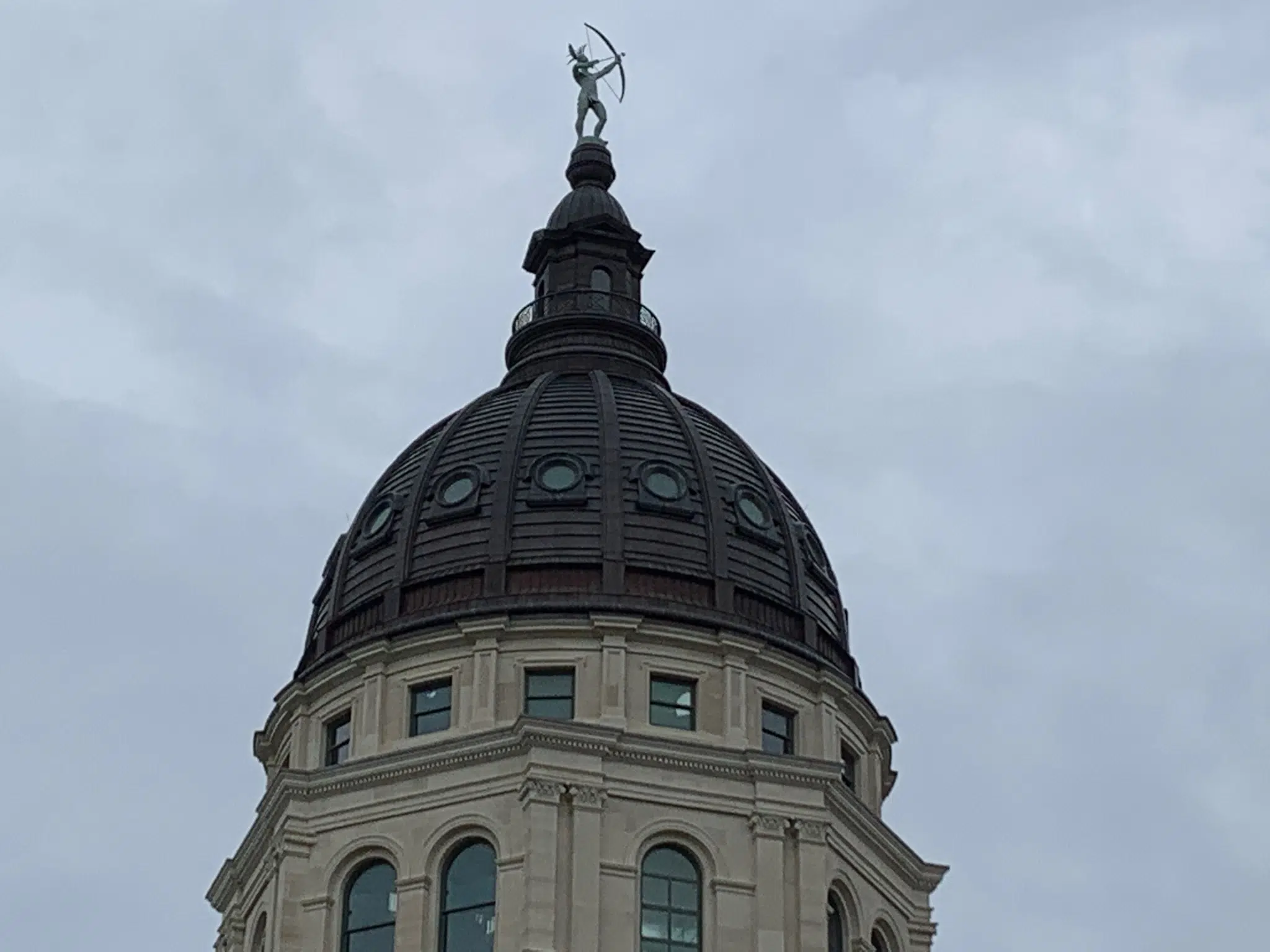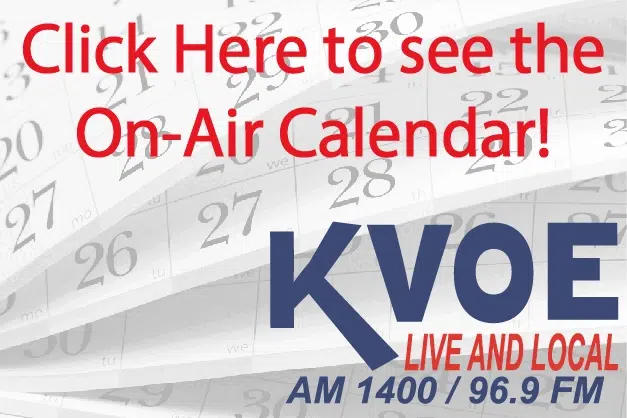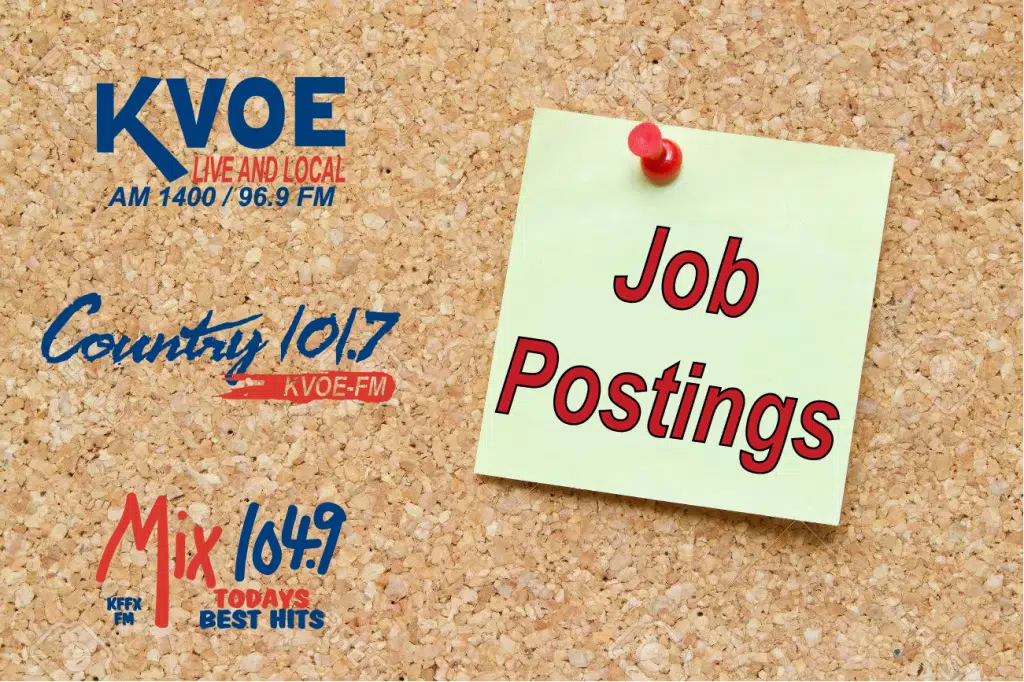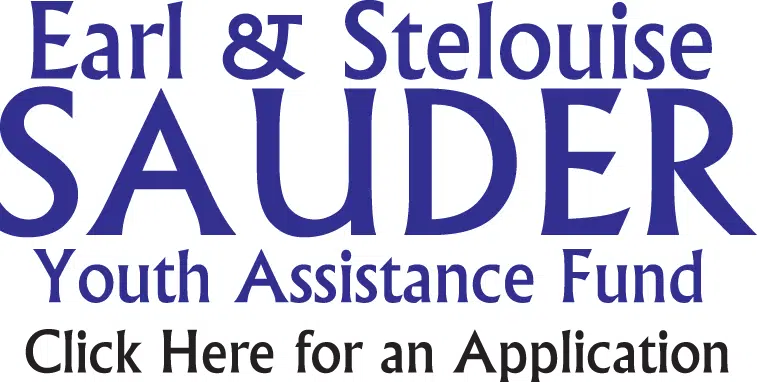All that’s left now in the state’s 25th special legislative session is Kansas governor Laura Kelly’s signature on the paperwork.
Lawmakers worked through most of Monday to address two parts of the federal COVID-19 vaccination mandate. The bill ensures residents will receive medical and religious exemptions if requested. Medical exemptions need to be signed by a medical provider, while a religious exemption cannot be validated. The bill also lets residents receive unemployment benefits if they are fired due to the mandate. Every employer with one or more employee falls under the state mandate, which could involve $50,000 per violation for businesses if they have more than 100 workers — far higher than the $14,000 penalty attached to businesses out of compliance with the federal mandate that’s currently on hold due to pending legal action across the country.
17th District Senator Jeff Longbine of Emporia voted against the bill, in part because he’s concerned businesses may be stuck between a rock and a hard place with the state and federal legislation now involved. He used Newman Regional Health as an example.
60th District Representative Mark Schreiber of Emporia also voted against the bill. Besides concerns about the financial impact to businesses, he mentioned issues with the religious exemption aspect.
51st District Representative Ron Highland of Wamego voted for the bill. He says this will shield employees unwilling to get vaccinated against COVID, regardless of the reason.
76th District Representative Eric Smith of Burlington also voted for the bill. He doesn’t expect the level of business impact that others see as likely.
6:30 am Tuesday: Kansas lawmakers pass bill to strengthen vaccine exemptions, allow unemployment benefits if workers are fired for mandate noncompliance
Kansas lawmakers have taken steps to blunt the impact of President Joe Biden’s COVID-19 vaccine mandate announced two months ago.
Late Monday night, lawmakers approved HB 2001, which addresses two parts of the federal vaccine mandate. The bill ensures residents will receive medical and religious exemptions if requested. It lets residents receive unemployment benefits if they are fired due to the mandate. As a related point, it also gives the Kansas Department of Labor the authority to investigate allegations of unlawful firings, although discussion is set to continue Tuesday on the unemployment insurance response time.
Neither chamber passed the bill by veto-proof majorities — the House passed the bill 77-34, while the Senate passed it 24-11 — but Kansas Governor Laura Kelly has said she will sign it. 17th District Senator Jeff Longbine and 60th District Representative Mark Schreiber, both Republicans from Emporia, voted against the bill. 51st District Representative Ron Highland, a Republican from Wamego, and 76th District Representative Eric Smith, a Republican from Burlington, voted for it.
It’s the 25th special session in Kansas history and the first where lawmakers called themselves back into session. The special session comes after President Biden announced a vaccine mandate impacting federal workers, contractors doing business with the federal government, health care facilities receiving federal funds and businesses with at least 100 employees. The business portion of the mandate is on hold as the Occupational Health and Safety Administration has delayed implementation and enforcement pending numerous legal challenges.
We’ll have local reactions to the bill and its potential impact on KVOE and KVOE.com.





















